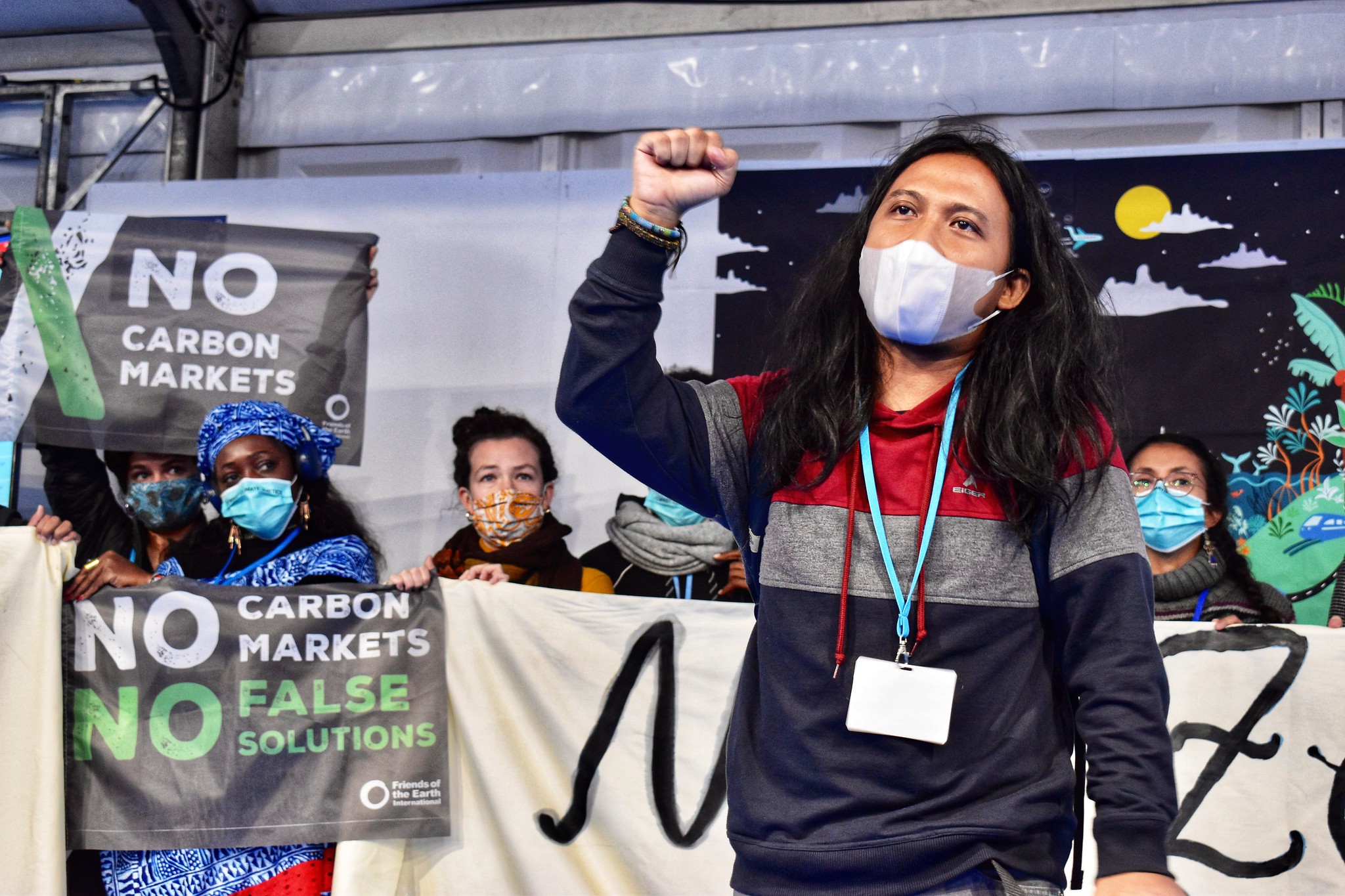
Reflections on a European trip
I am writing this just after I’ve sat down on the high speed ‘railjet’ from Budapest to Munich. I’m on the start of the long trip back across Europe after speaking at a climate law seminar organised by Friends of the Earth Hungary. Along with Friends of the Earth England, Wales and Northern Ireland we were asked to speak about our Climate Change Act and the reasons for our campaigning success. This follows a similar recent trip to Madrid.

Although the groups in these countries have been running excellent campaigns, I think, unfortunately, that they all have their work cut out in trying to get climate legislation. FoE Spain have struggled to avoid the polarisation of climate change along a left-right axis and the likely election of the centre-right party next year makes a climate law less likely;in a country with 20% unemployment and people camping in the streets in protest with the political system, its perhaps also unsurprising that climate change isn’t the most pressing concern of the public. FoE Hungary almost achieved success last year but came up against an organised big business lobby that thwarted a law promising 40% reductions by 2020 at the very last hurdle.
Reflecting on this I was left wondering why we were successful in Scotland (and why FoE EWNI’s Big Ask campaign was successful across the UK). I think there were 4 reasons – all of which have wider lessons beyond campaigning for a climate change law.
1. It’s important to work in coalition
The Stop Climate Chaos Scotland coalition – was hugely successful in managing to combine coordinated inside lobbying with the broader reach and ‘surround sound’ that different organisations bring from communicating with their members. Without this strong, functioning coalition, representing environment groups, international development groups, community groups, faith groups and trade unions, we wouldn’t have engaged as many people nor appealed to as many MSPs. This short video produced by a FoES volunteer illustrates the importance of this.
2. Grassroots activism
Perhaps this is obvious, but MSPs respond to their constituents. They are more likely to do something – or at least give some kind of recognition to an issue – if a constituent lobbies them than if a paid lobbyist/campaigner does. Mike Childs from FoE EWNI made the point that from evaluating their ‘Big Ask’ campaign, there was a clear rule that when an MP received communications from 200 constituents, they would take action in support of the campaign.
3. Political luck
Having said this, its clear that both the EWNI and Scottish campaigns benefited from the favourable political situations they both found themselves in. In Scotland we had a minority Government and because of the tight parliamentary arithmetic we were able to utilise the opposition parties who were sympathetic to our cause to persuade the Government to shift its position. At the UK level, FoE EWNI were able to use David Cameron’s desire to detoxify the Conservative image as the nasty party, who became a champion of the Big Ask. They also had an Environment Secretary who they had a good relationship with (David MIliband, if you are wondering).
4. Zeitgeist, ‘spirit of the time’, public opinion
Yet, despite all this being important, I’m beginning to believe that capturing a certain public spirit or desire for change at a given point-in-time was the most crucial factor. Arguably, it was a pre-requisite to the three factors above. The campaign for the UK Climate Change Act (the idea for an Act was born in FoE EWNI’s office in 2004 and passed into law in 2008) came at a time of huge public concern over climate change. The Scottish Act became law in the summer of 2009, months before the international climate talks at Copenhagen.
So what are the lessons for environmental campaigning in the countries we visited? Well based on the need for engaging a particular public spirit at a given time, Spain could probably have significant success campaigning for green jobs and investment – a green new deal if you like. Hungary – where 80% of the population live in fuel poverty, could probably have success campaigning for energy fair shares or an energy guarantee.
Where does that leave getting a
Climate Law for these countries? Not very far I’m afraid. The good news – FoE Finland, who I previously blogged about, and who seemed to capture the public imagination through events like this, look like they might get a climate law following post election coalition negotiations.
